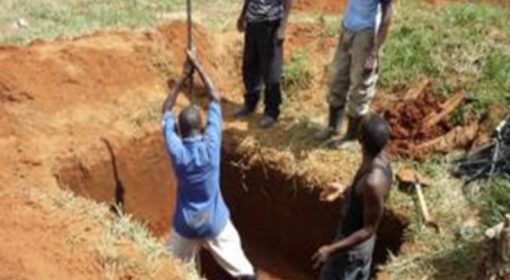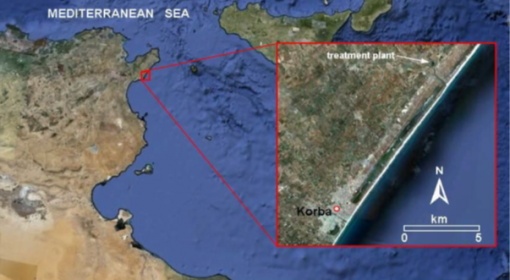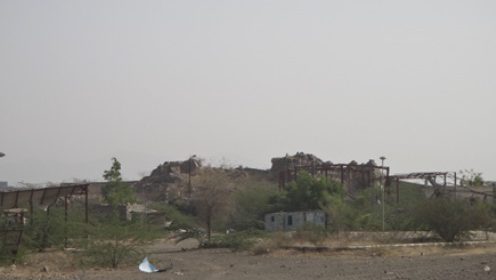Water-wise, Yemen is most commonly identified with scarce resources and arid landscapes. Less known are its longstanding, users-led groundwater management systems. The ingenuity and efficiency of these systems was such that the country could meet its food/ water needs for about 1000 years, despite its climate and geography.
Of late, there has been an increase in population and indiscriminate drilling of wells. Consequently, water tables have depleted, and this has had a knock-on effect on agriculture/ food security.
Amid the discouraging scenario, recent research has brought to light some good practices. Many more farmers than expected have organised themselves into water users’ associations, mutually forming and observing rules restraining extraction/ use of groundwater.
Perhaps this tendency to cooperate (rather than clash) over scarce resources stems from Yemen’s ancient tradition of doing so. Or maybe it vindicates the unsophisticated assumption that human beings are likely to cooperate over managing common pool resources when they see that leading to mutual benefit.
In any case, such arrangements have proven to be effective responses to local water-issues across Yemen. Their success is a strong argument for building them into formal policy processes.
This series of videos, produced by Levert Culture and Communication, MetaMeta and Water & Environment Centre, Yemen attempts to document select cases and explore what lessons they hold for Yemen (and for the rest of the world grappling with increasing climate variability & water-scarcity).
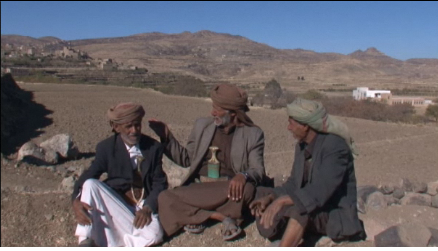 Watch English version Watch English version | Sharing Water in Yemen: This video provides an overview of 5 select cases, of community-based organisations managing groundwater in various parts of Yemen. While some of them were set up in response to recent crises, others have been operating for several decades. Their success has been quite significant and very visible. The cases are detailed individually in the following videos. |
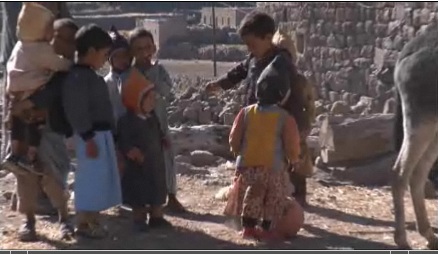 Watch English version Watch English versionWatch Arabic version | Protecting Springs and Groundwater: In Kharabat, runoff from the Jabal mountains is the main source of water. It replenishes springs and aquifers on which irrigation depends heavily in this area. Following a violent conflict in a nearby area over sharing of water from a dam, Kharabat’s farmers formed an association to regulate water use. As of now, the association covers 10,000 beneficiaries, 58 water sources and 8 villages. Drilling wells is not allowed without a proven need and a minimum distance from nearby wells. The association also maintains an irrigation system that channelizes a local spring to fields. |
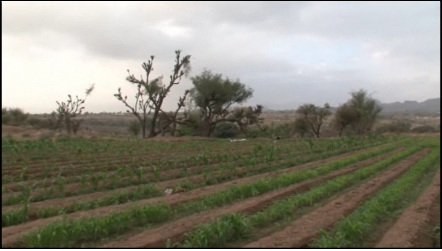 Watch English version Watch English versionWatch Arabic version | The Remarkable Groundwater Story of a Co-operative Society: Al-Sinah valley, near the city of Taiz, is home to a 40-year old cooperative society that covers 12 villages and over 18,000 people. The society has a wide portfolio that includes water, electricity, health and education projects. The management team is chosen through elections held every 3 years. The society oversees a unique water supply system comprising of three wells, from which water is pumped to tanks located on top of mountains, and then distributed to 2,000 households through a network of pipelines. It also maintains restrictions on water use by individual households. |
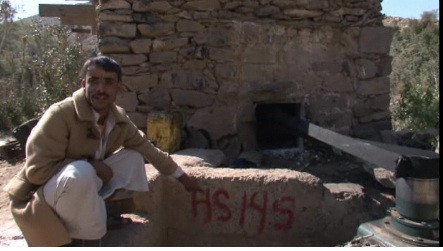 Watch English version Watch English versionWatch Arabic version | Effective, Innovative Groundwater Recharge: In Qarada valley, Bani Hushaish, flash floods are diverted for irrigating fields and recharging aquifers. The two water users’ associations formed in 2003 (as part of The World Bank’s Sana’a Basin Water Management Project) regulate drilling of wells, and have built 50 check dams along with 6 kilometres of retaining walls. This has improved groundwater recharge several-folds, which has benefitted grape farming practiced widely in the area. |
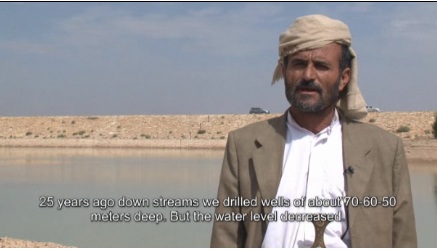 Watch English version Watch English versionWatch Arabic version | Protecting Wells and Water: Groundwater in Areesha valley is very shallow, and very carefully guarded by the local water users’ association. In 2008, it renovated a local dam to improve recharge. The association maintains the dam, enforces regulations on wells’ depth and a ban on selling water from local reservoirs outside the valley. |
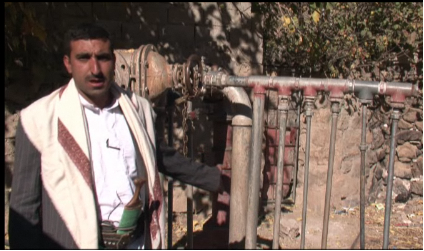 Watch English version Watch English versionWatch Arabic Version | Collective Action in Groundwater Management: The Dhella Valley in Hamdam has a long history of irrigated agriculture. For hundreds of years, water has been supplied to households through surface water channels and underground tunnels (qanats). 40 years ago, ‘Qat’ cultivation in the area started increasing rapidly. Consequently, water-consumption ballooned as well. As supplies started depleting, the community responded by putting their house in order themselves– by setting minimum distances between wells; connecting wells through shared pipeline network and investing in groundwater recharge. The approach has brought about much improvement in the water-balance. The community has even been able to develop and successfully run its own piped drinking water supply |
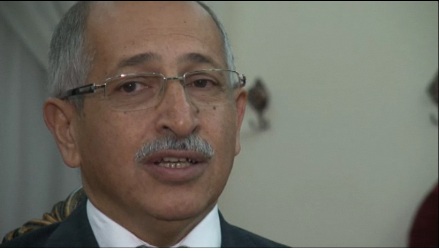 Watch English version Watch English versionWatch Arabic version | An Eye on Water Scarcity in Yemen: In this wide ranging interview, Abdulrahman F. Al-Eryani, former Yemeni Minister of Water and Environment, talks about challenges that lie ahead of Yemen in a future of water scarcity and climate change. He also describes what he thinks the policy response should look like. |
“A combination of new, adaptive laws and regulations that build on ancient traditions, that have proven to be successful for thousands of years, is the solution for Yemen,” says the former minister, summing it all up neatly.
Unfortunately, Yemen’s path to this or any other “solution” will have to pass through the ongoing period of tumultuous transition. We will be watching.
Related Documents:
— Baquhaizel, Saeed and Ghouth (2011) ‘Documentary Study on Models of Traditional Irrigation Systems & Methods of Water Harvesting in Hadramout and Shabwah Governorates’ (English and Arabic versions)
— van Steenbergen, Bamaga and Al-Weshali (2011) ‘Groundwater Security in Yemen: Role and Responsibilities of Local Communities in Conserving Groundwater’ (English and Arabic versions)
